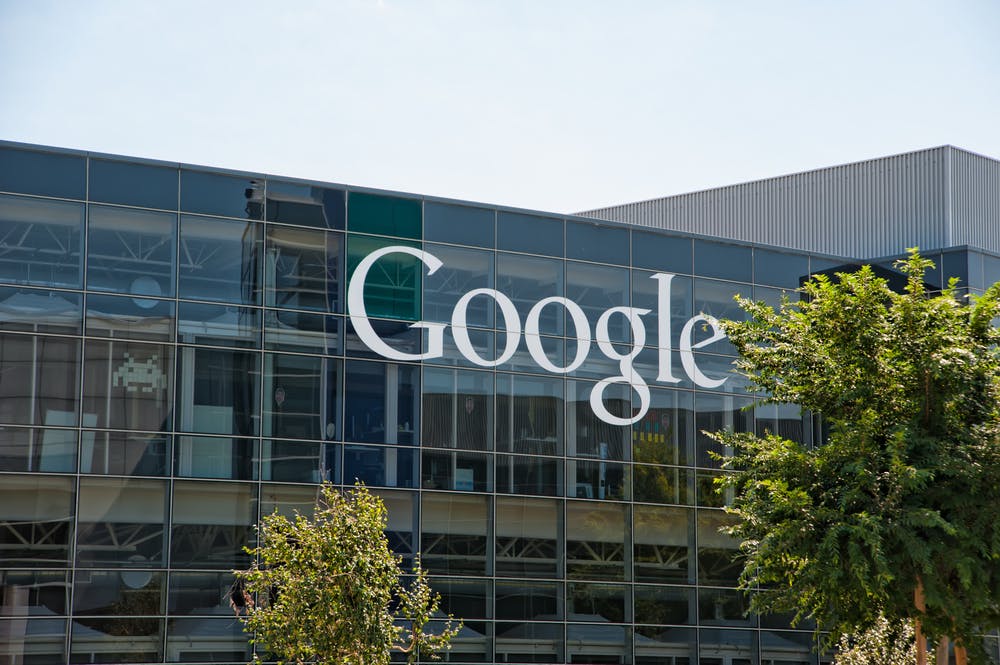Google announced its coming release of Google for jobs, after having closed its alpha on its jobs API we were expecting it. Where could it lead us?
According to a survey done on 33,000 LinkedIn members globally, virtually everyone (90 percent) would listen to a new job offer. Imagine now that every time you go to Google we present you with jobs that are so much better for you. How would that change the dynamic of work?
How Is That Even Possible?
The alpha program of Google jobs API expressed several clear goals at the time:
- Provide job relevant results
- Dynamic job discovery
- Simple integration
Job-relevant results means that if you are looking for a salesperson, and your organization calls them account executives, when the job seekers type “sales jobs,” that will provide better outcomes.
While we understand that this is not specifically new, the machine learning approach to deliver better search matching seems to be key to providing better results (according to Google around 27 percent better and leading one of the employer using it (JnJ) to 18 percent more applications). This is great and will satisfy everyone. As a job seeker, I want to make sure I can find what I want with better accuracy, and that has been the promise of Google.
This will, we expect, enable organizations to display, using Google, AdWords relevant to the job search, and enable Google to enter into a new market and disintermediate the job boards.
So far, we were expecting this.
Digital Constant Job Poaching?
To use Google’s words: “Dynamic job discovery, save job seeker time by suggesting new opportunities. Cloud Jobs API uses job exploration and the data science of career paths to recommend additional roles aligned to one’s skills and interests. Recommendations improve over time as new signals are introduced.”
The “new signals” here is the feedback from the job seekers or at its basic form, their actual searches.
In other words, Google will be able to give more enticing job ads that will make people want to change jobs more frequently.
A View Into the Future of Job Search
You have a slightly frustrating day at work, and need to search for the definition of a term. You type into Google the keywords, and what appears on the AdWords to the side are jobs that will make your life much better. As you click on it, the organization is instantly made aware of your interest, as they know who you are, because you have a Google account, and your slight daily frustration just transformed you into an active job seeker.
Or you are in traffic stopped for 40 minutes because of an accident, an intriguing ad pops up, promising you a job similar to what you have today, but only 11 minutes away from your home, vs. the 30 minutes you are commuting today. You think for a second about the fact you wasted over one hour on the road and click …
I could continue, but you get the picture, using ever-more-refined query terms or job search criteria (job content, skills used, benefits offered, location … ) so that a better targeted job will be presented to the job seeker.
What should organizations do? How should employers adapt?
Organization Responses to the Constant “Better” Job Temptation
- Research has shown that commuting to work is the most dreaded daily activity. Hence, competing on this can be difficult, but think about it for future location of new offices.
- Work on employer branding and culture. While job seekers will be presented more options they will still research, what it is like to work there. If you are not faring well, more ads won’t help as much.
- Work on world-class selection processes. Having the opportunity to attract more targeted candidates would not mean you want them all. Be sure to have a validated approach for selection.
- Go to Google today and signup for the program updates.
